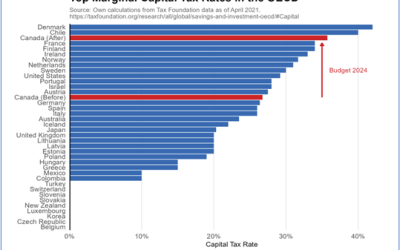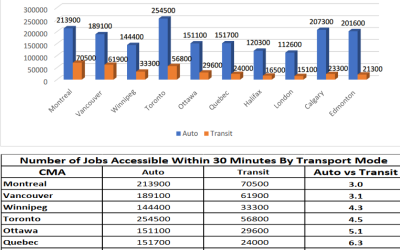Canadians are often excoriated by certain environmentalist activists for their “excessive” consumption of water. The David Suzuki foundation has been particularly aggressive in this respect; they repeatedly scold Canadians for using too much water, and particularly for consuming more water than people in European countries. The Suzuki foundation argues we will “have to reduce” our water consumption, and offers a variety of tips for doing so. For example, they encourage people not to wash their cars. They have also suggested installing a “toilet dam,” but cautions that the improper installation of these contraptions might “interfere with the flushing mechanism,” presumably with unpleasant consequences.
It’s always a good idea to promote responsible use of natural resources, but reasonable people will wonder if is it really necessary for Canadians to drive around in filthy cars and endure unpleasant bathrooms in an effort to drive down our national water consumption. Fortunately, the answer to this question is “no.”
Although it is true that Canadians use a lot of water, it is also true that Canada has truly enormous stores of freshwater at its disposal. In fact, Canada contains 20 per cent of the world’s freshwater and seven per cent of the world’s renewable freshwater resources. Only Brazil and Russia, both of which have much larger populations than Canada, possess more renewable freshwater.
In order to determine whether a country’s water use is likely to strain its available resources, it makes no sense to simply measure total water consumption, as the Suzuki foundation generally does in its analysis. Instead, one must compare a country’s water use to the amount of available water resources in order to determine whether its consumption level is sustainable in light of the available resources.
o As this chart illustrates, Canada uses a much smaller percentage of its available freshwater resources each year than most other countries.
o In fact, due to Canada’s enormous store of water resources and its comparatively small population, our country has more available freshwater than we could ever realistically use.
o Canada currently withdraws just 1.6 per cent of its available renewable resources each year, and could safely withdraw much more without straining our natural resource base.
In the face of these realities, the notion that Canadians face an urgent need to reduce their water consumption is simply untenable. It is never a good idea to waste any valuable resource, and governments should avoid policies such as heavy water subsidization which promote the indiscriminate use of water. However, there is absolutely no “moral” or “ethical” reason for Canadians to forego water consumption for which they are willing to pay. While it is always a good idea to protect natural resources, there is no virtue in leaving available natural resources underutilized.
Data Source: World Bank. World Development Indicators 2005
Read in PDF format here.



